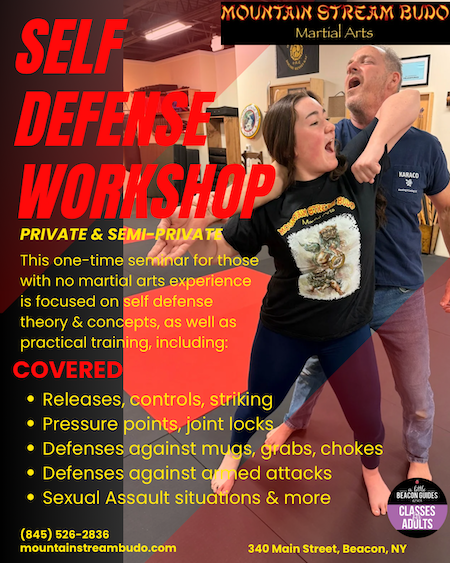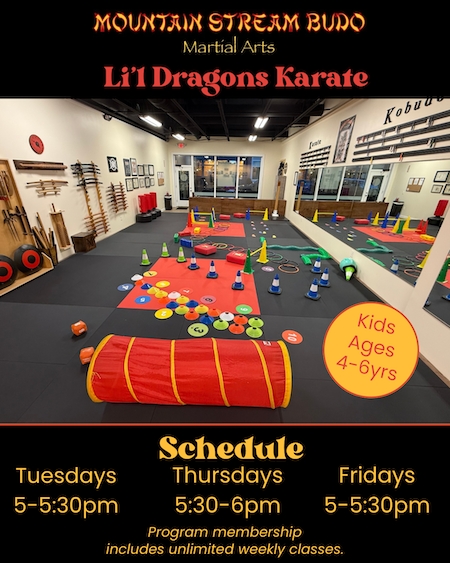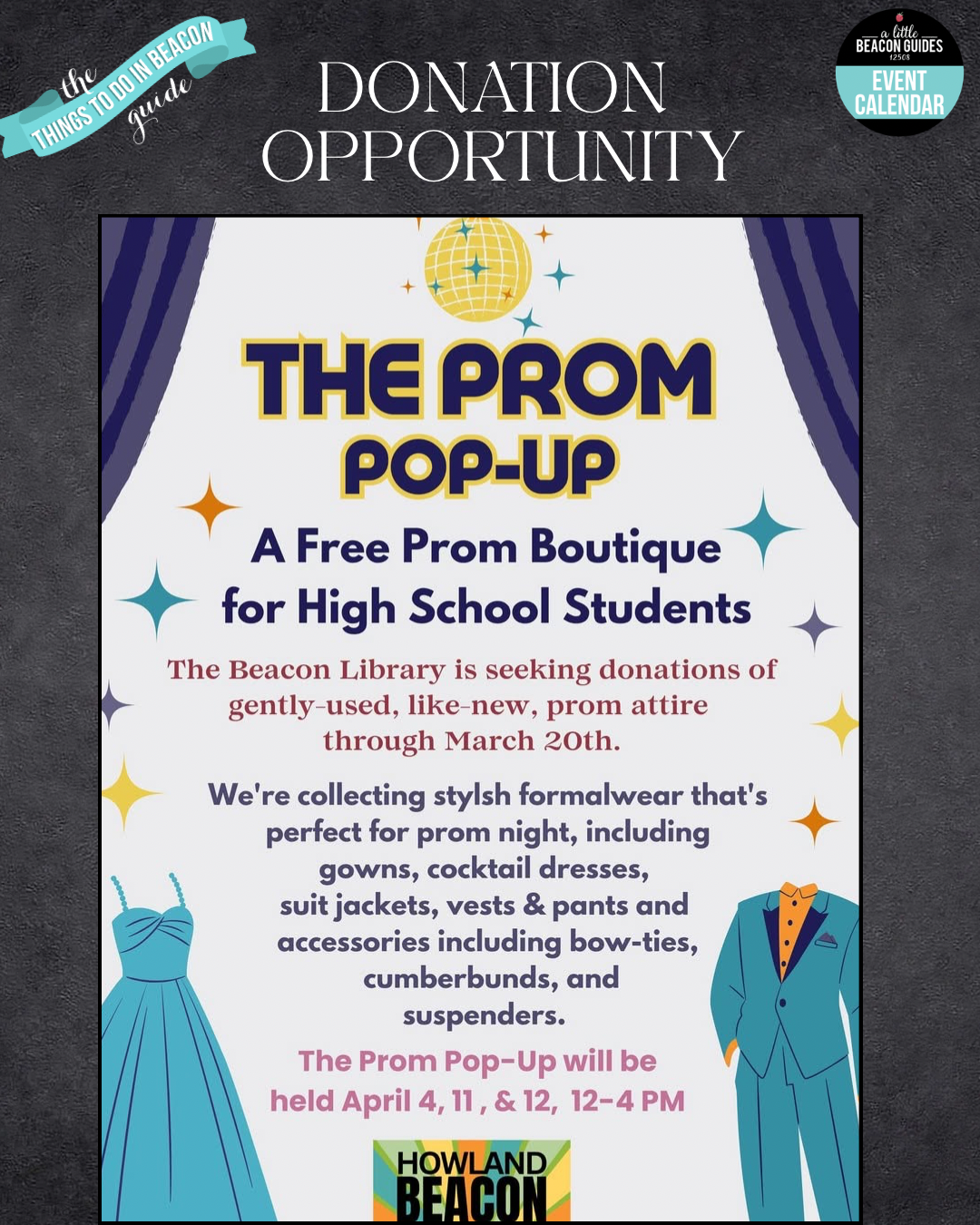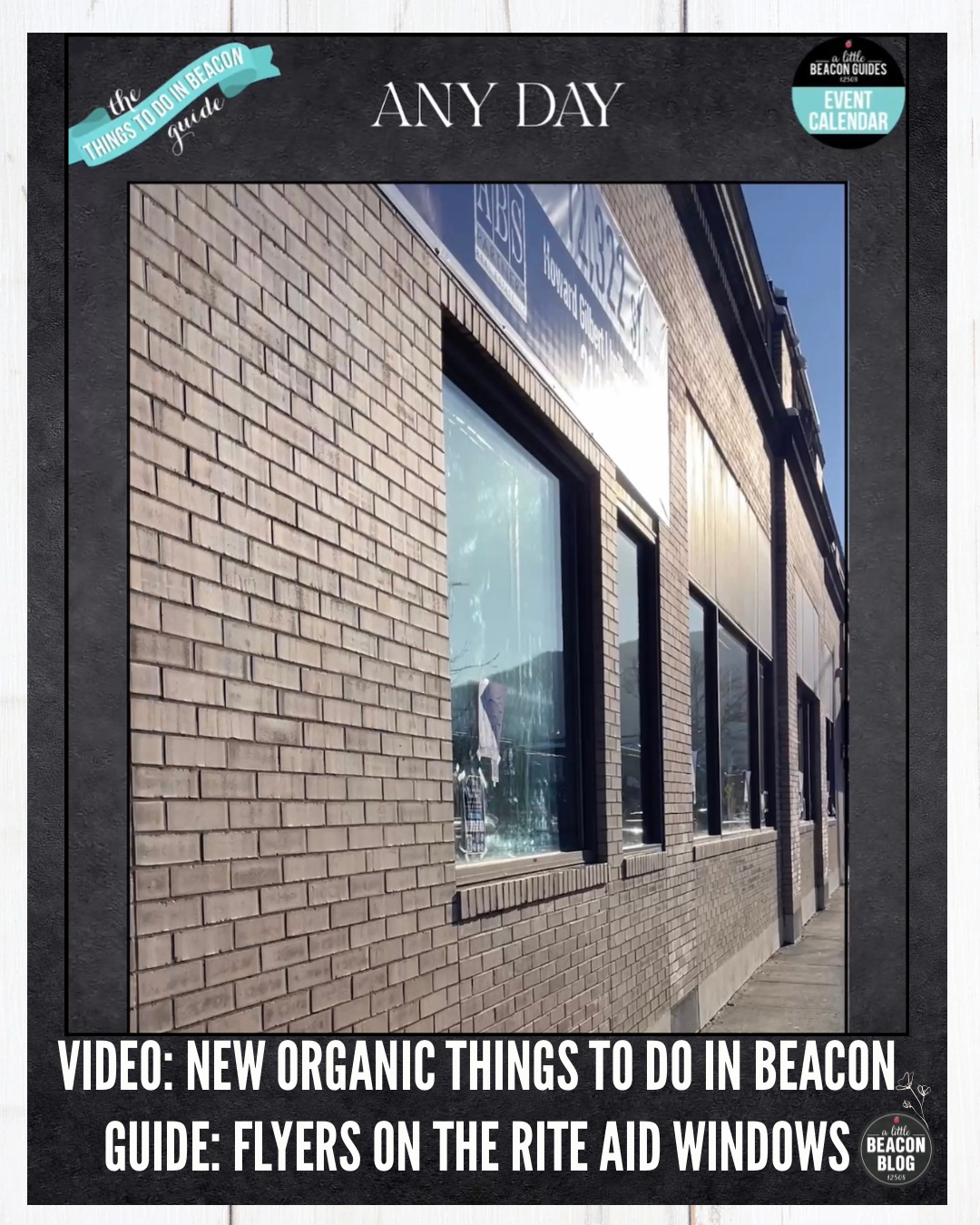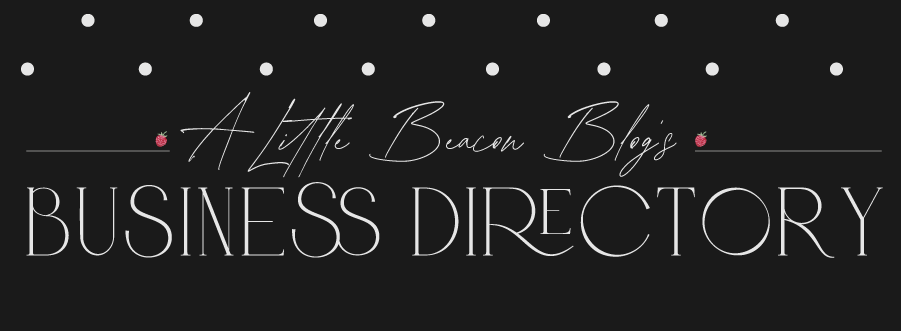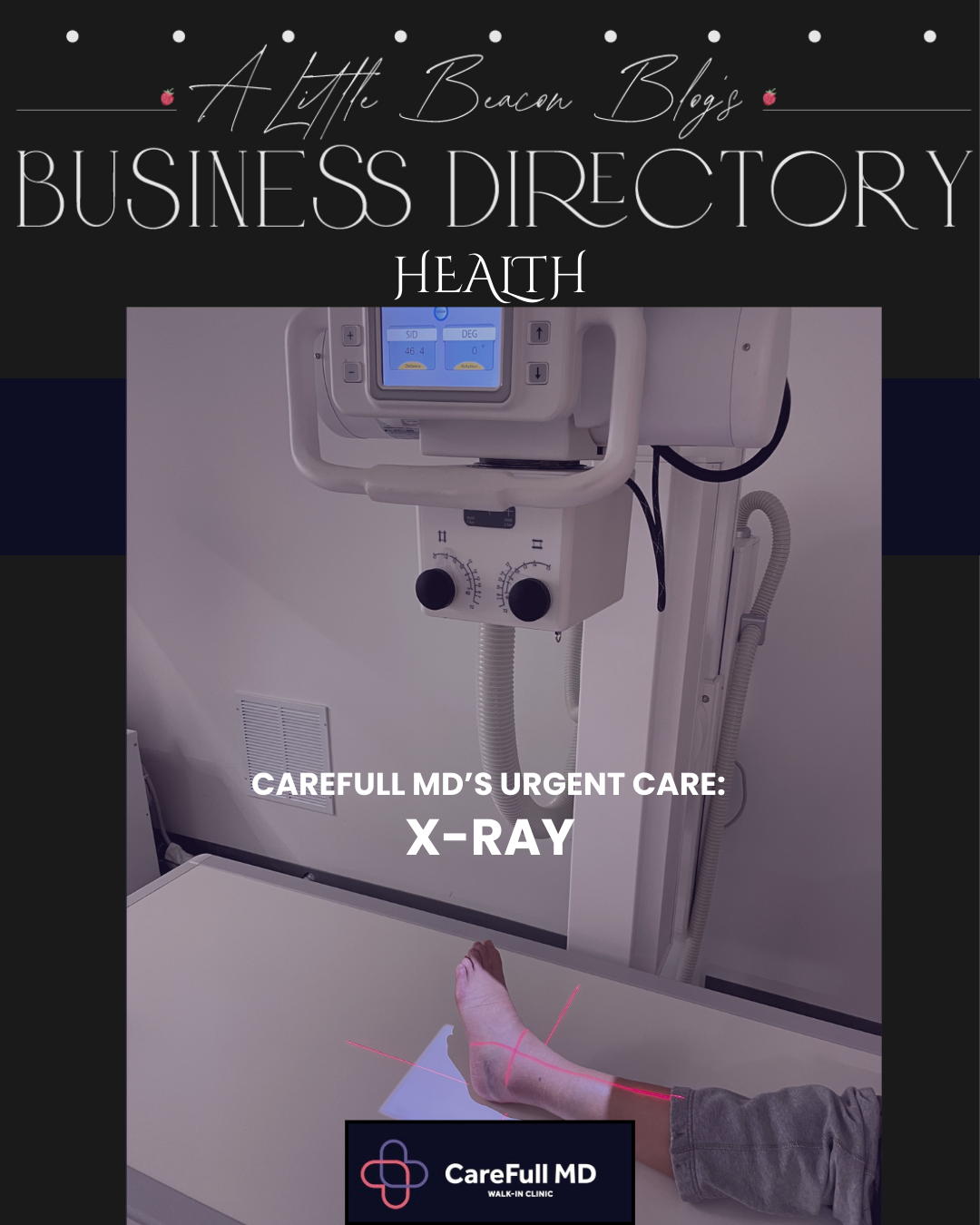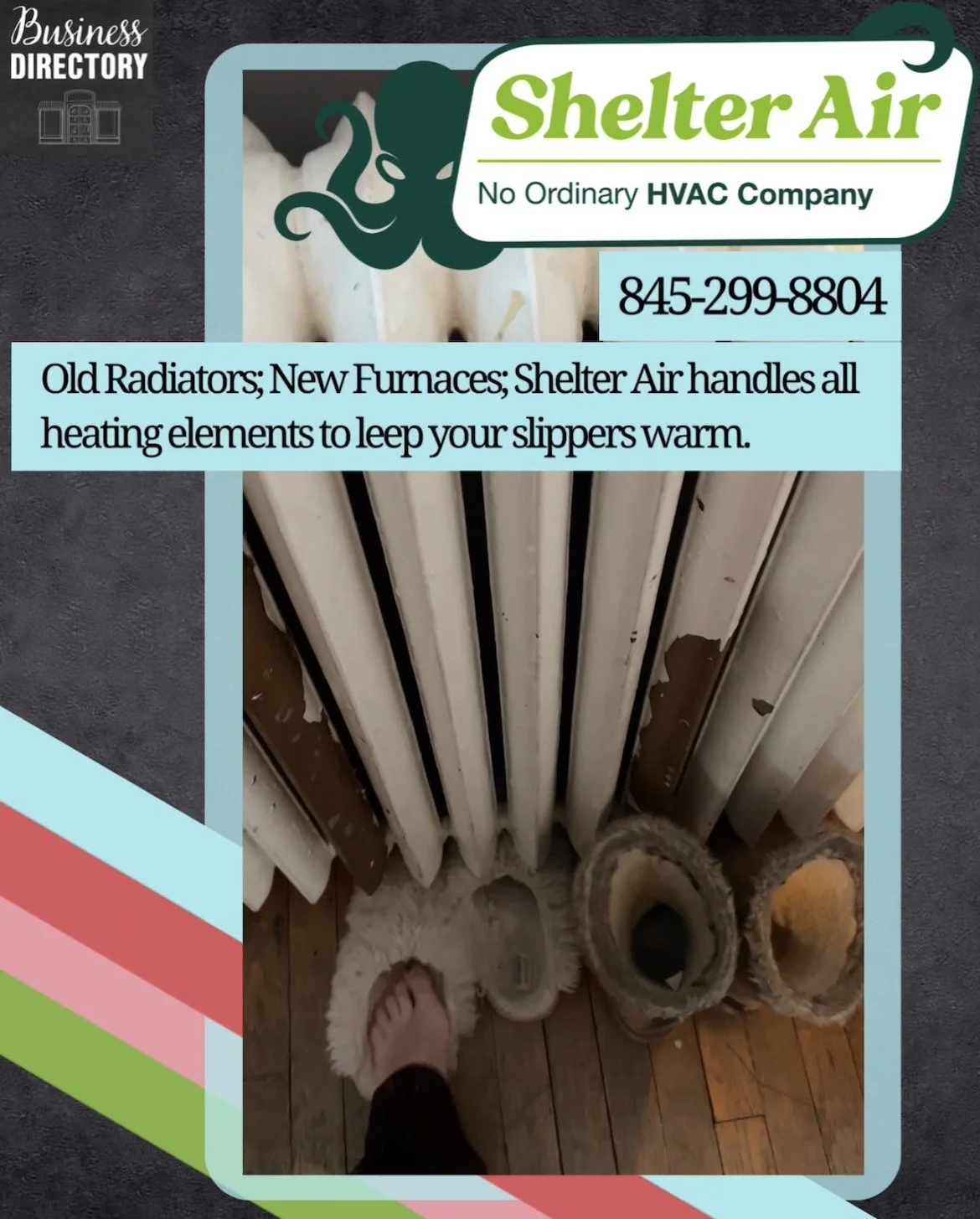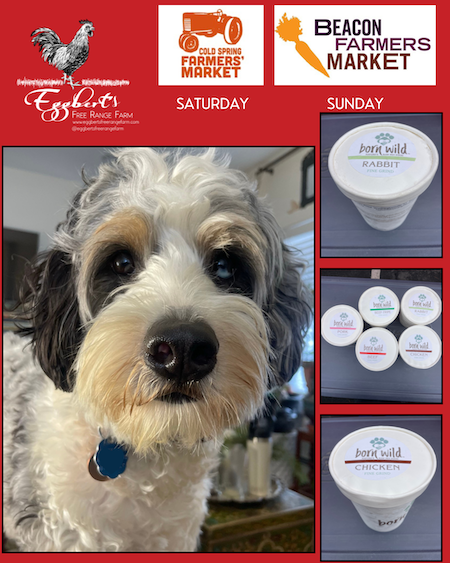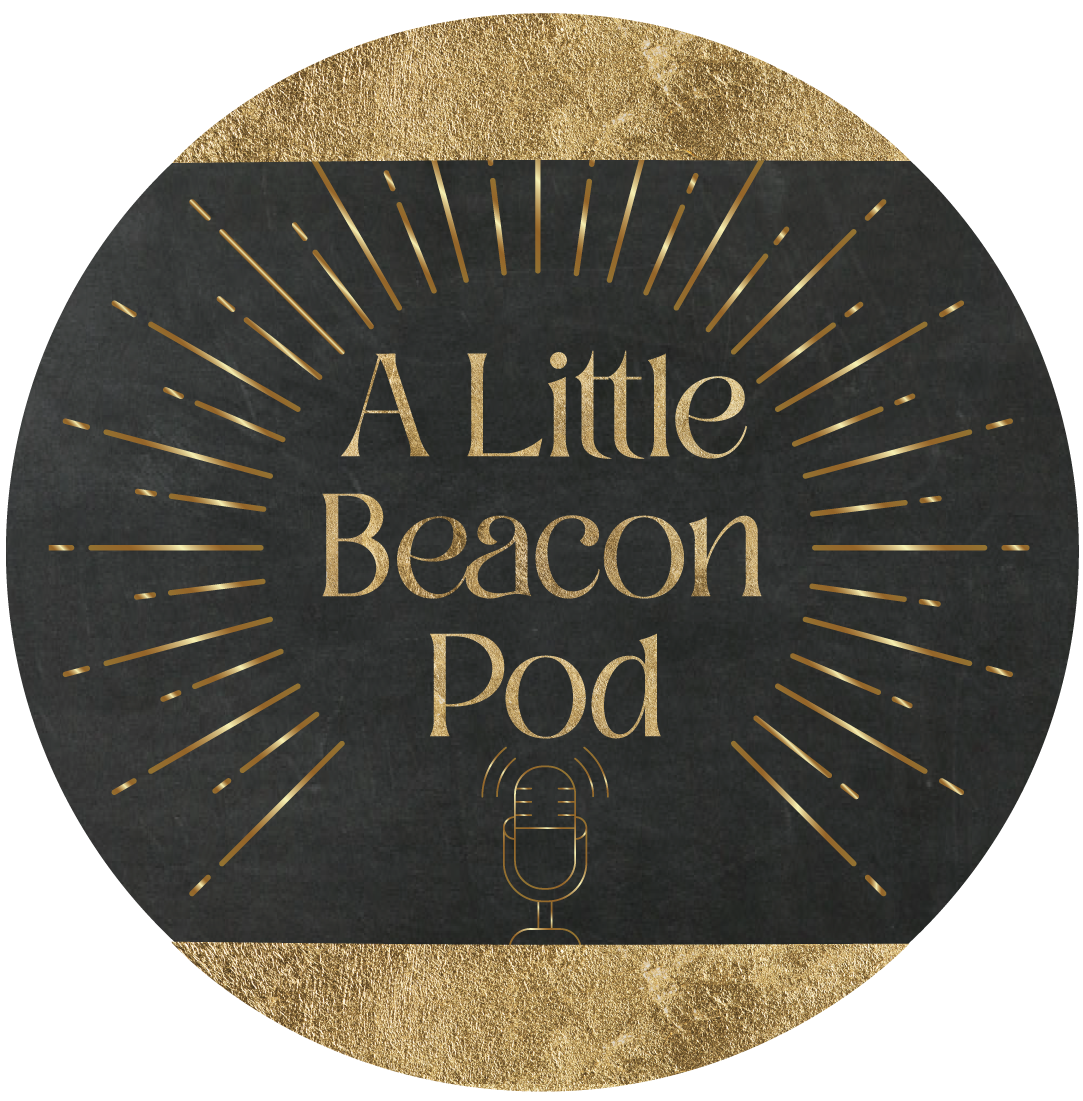The World Is (Still) Burning - Let's Start Composting! It's So Easy...Those Food Gases Are Explosive
/ALBB uses this metal ice bucket to collect daily food waste. It is dumped daily (sometimes 2x daily) into a plastic bucket, which is dumped 1x/week. The pink toaster in the background is a bonus and not related to food composting.
Even though the orange haze has lifted over Beacon and we have the sun and blue skies again - as well as gray clouds and shadows - the wildfires are still burning in Canada. The Canadian Prime Minister, Justin Trudeau, blames the climate crisis for the out of control burning. The official who ran the Parks Canada for 23 years, Mark Heathcott, says that Canada needs a better controlled burns of forest system.
Here in Beacon, one way to contribute to helping the climate crisis is by reducing your production of methane gases caused by food waste, by food composting. Which means to put your food waste in a designated bucket, which gets taken by a service or dropped off by you to a food composting collection area available in Beacon.
The food waste is then turned into a nutrient rich soil, called “black gold,” that you would want to spread over your favorite garden growths or flowers.
This article explores both ways.
But First - Why Compost? The Yogurt Smoothie Example
You’ve heard of the methane gases. That the methane gases formed from decomposing food contribute to the climate crisis. The City of Beacon says that methane gases are formed when food waste is burned. According to the City’s website: “Composting is a great way to reduce the waste burned at the county incinerator, which can contribute to unsafe air conditions because ‘waste incineration creates and/or releases harmful chemicals and pollutants’ (NRDC.org, Burned: Why Waste Incineration Is Harmful).
Here is an example so that you can see and experience it: one day, ALBB found an old banana strawberry smoothie in the car. It was in a sealed container. It was days old. Maybe even weeks old. Once taken inside, the top was unscrewed to clean it, where BAM - the top flew off from the pressure inside of the very old strawberry banana smoothie. The top flew clear across the kitchen and hit a water filter jug and cracked it.
Easy Ways To Compost In Beacon
Keep in mind, there are some municipalities who charge for how much trash you throw away. Beacon is not there yet. Hopefully they won’t get there, because we don’t need more fees. But if you removed food from your trash, you are removing a lot of poundage of trash. You could put yourself ahead of the curve, and cut out a lot of harmful product.
There are two ways to compost in Beacon. The free way - using Beacon’s compost drop-off bins, and the paid way via Community Compost. ALBB uses the paid way via Community Compost because we have been with them since Zero2Go launched via KickStarter and eventually was sold twice, the last to Community Compost. If you work in an office, consider organizing a compost collection system where one or some of you rotate dumping the food waste into Beacon’s collection bins. Or pay Community Compost to take it away for you.
Beacon’s Free Compost Collection Bins
Step 1: You collect your food waste at your house or apartment. ALBB uses a metal ice bucket that lives next to the sink, and dumps it daily into a bucket with a lid on the front porch.
Step 2. Once a week, or whenever you want, take your collection of waste to one of 3 different Compost Drop Off Bins. Those are:
Memorial Park, near the Dog Park, at the base of the hill.
Parking lot of Hudson Valley Brewery, all the way in the left corner. This is the Churchill Street parking lot, which is a free municipal parking lot right behind Main Street, near the Fishkill Creek.
The Beacon Recreation Center, at 23 West Center Street.
The rules for what to dump into Beacon’s compost bins are pretty good. You don’t have to be as discerning as you do in other programs.
YES, Dump It
Any food waste can be composted in Beacon’s compost collection bins. You can even use BPI-certified compostable bags for your food scraps. This includes:
Fruits & Vegetables
Meat, bones
Dairy, Eggs
Coffee grounds
Food soiled paper (coffee filters, tea bags, parchment paper, uncoated paper plates, etc.)
Paper towels and napkins
Toilet paper rolls
House plants and cut flowers
Pizza boxes: ripped in half + no wax paper
NO, Don’t Dump It!
Not compostable in Beacon’s compost collection bins:
Plastics
Glass
Plastic and wax coated paper products
Produce stickers
Doggy poo
Pet litter
Pet waste
Metal
Plastic bags
Styrofoam
Where will you put all of this fabulous food? The City of Beacon has gotten discounts on 3 different bins for you. Some of you may do backyard composting. This article does not explore that, but there is a bin for that offered by the city. Click here to see the options. You can order through the City of Beacon’s Recreation Department website, and/or you can walk in to see them at 23 West Center Street to buy your bin that way. Sometimes going to the Beacon Rec Center is easier. But click here to shop online.
Food composting has been discussed for several years in Beacon. Former Councilperson Amber Grant was a recent leader in bringing the City’s attention to this under Mayor Lee Kyriacou’s administration, with management and education done by Climate Smart Beacon, a committee of the City. Learn more about it in this video below.
If you don’t want to make time to dump your compost, you could always hire Community Compost to pick up from your home or office. Click here for details.












